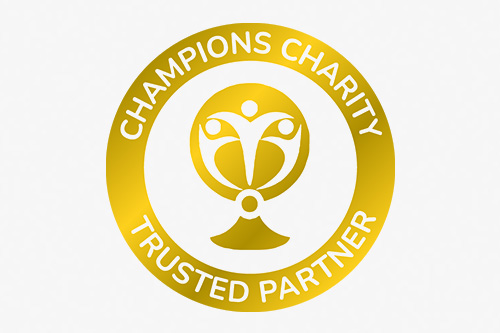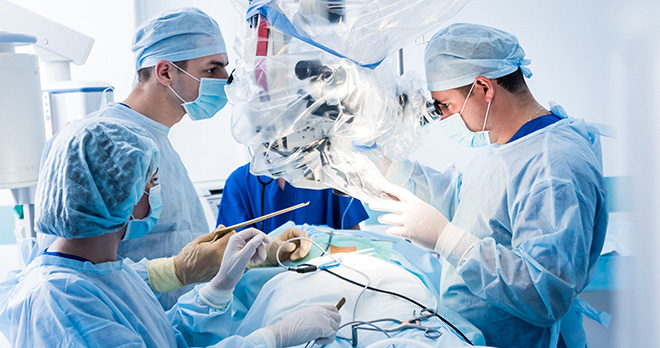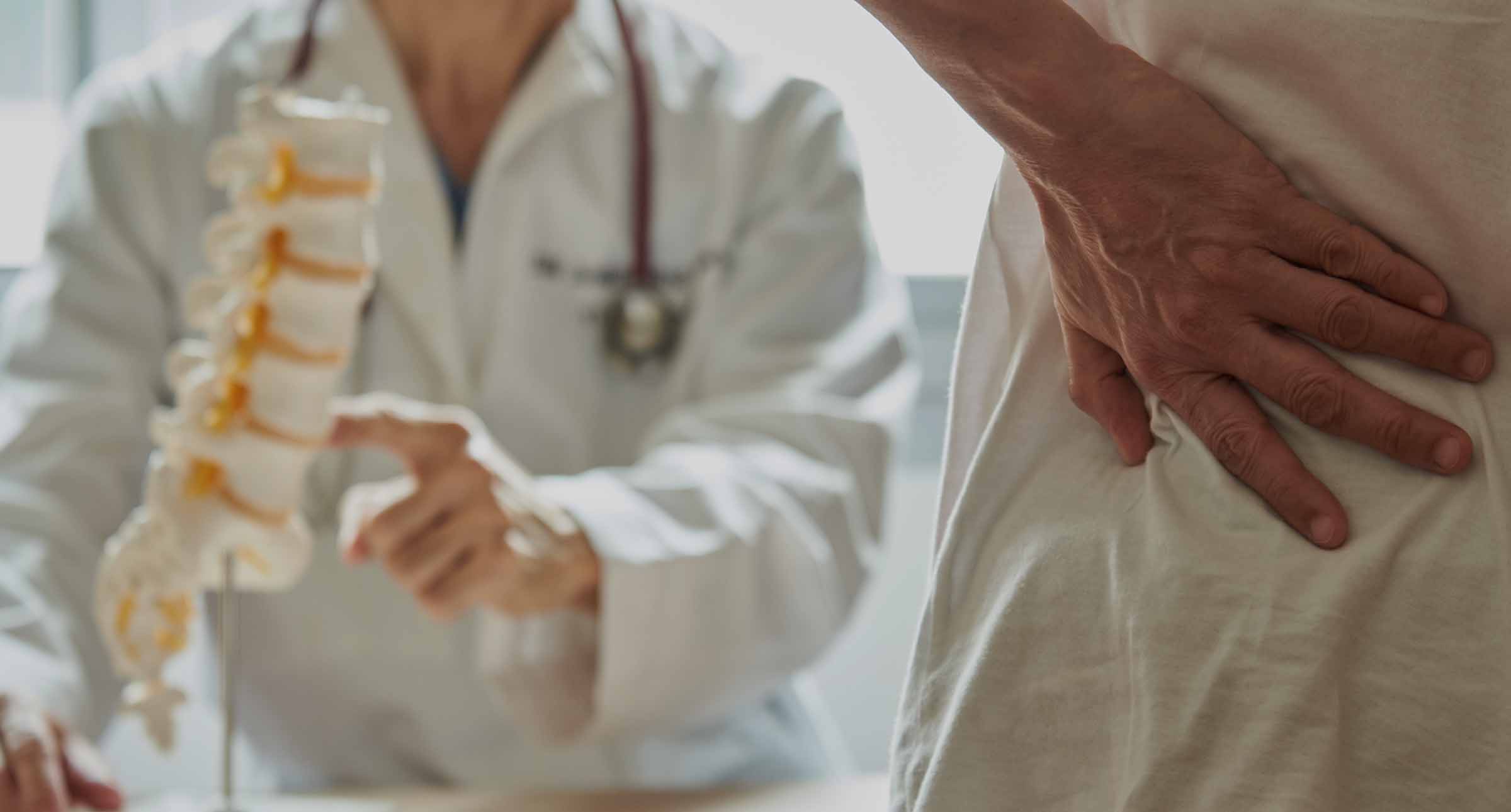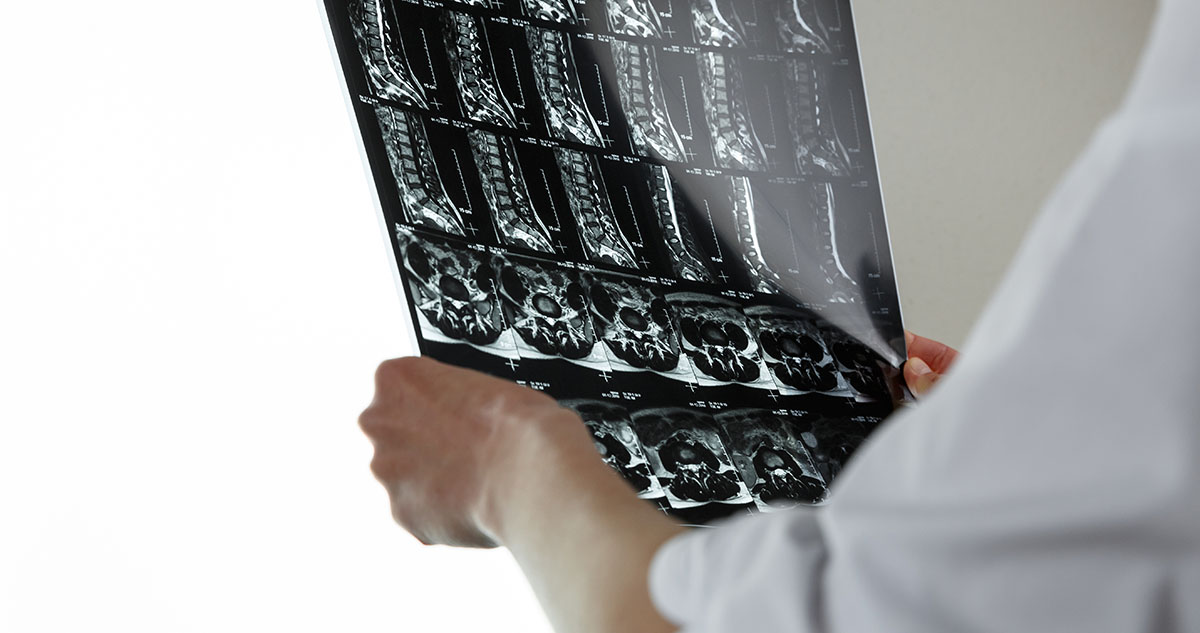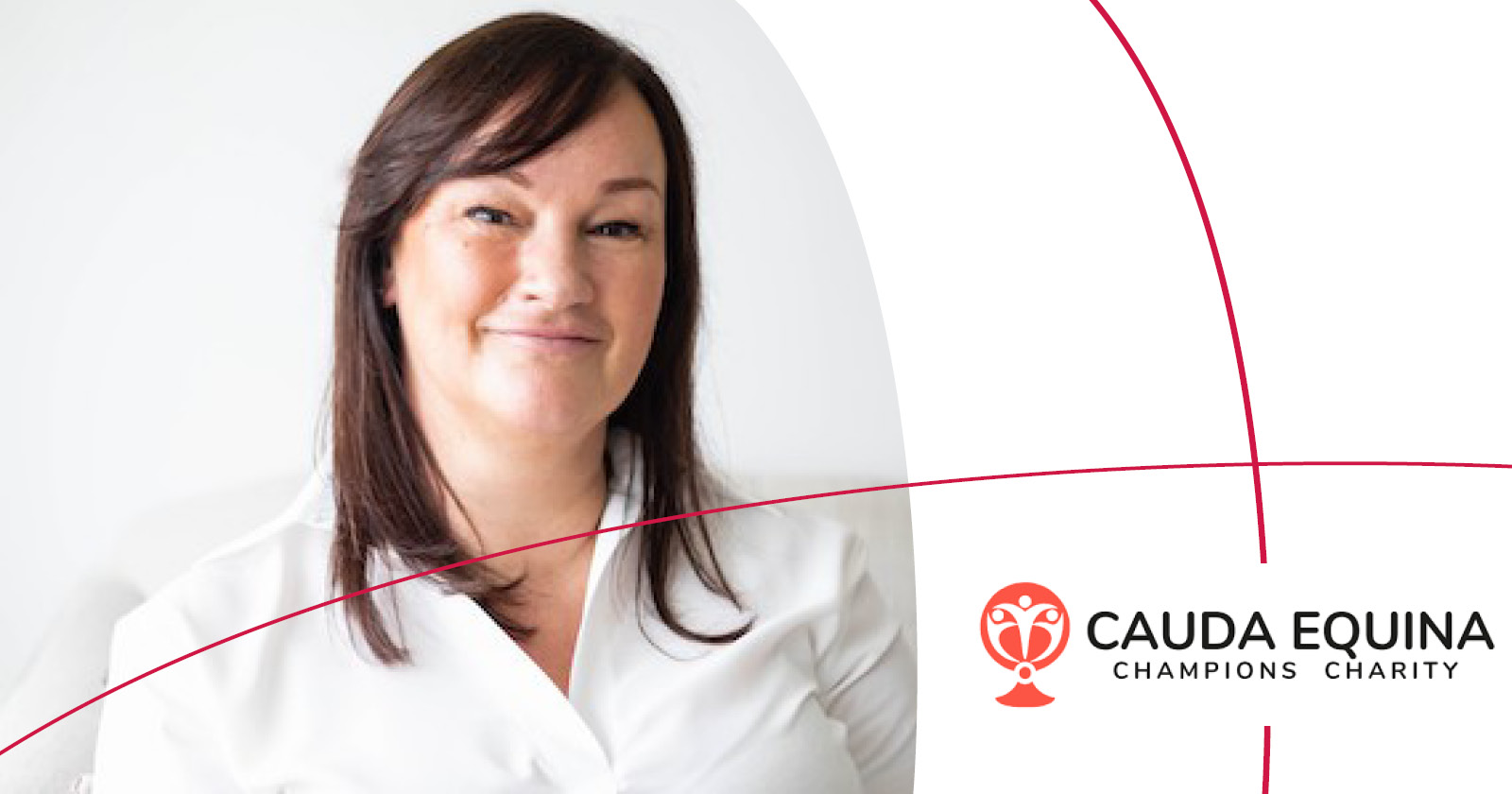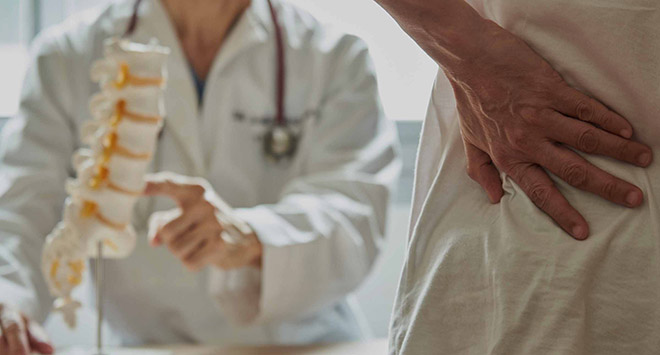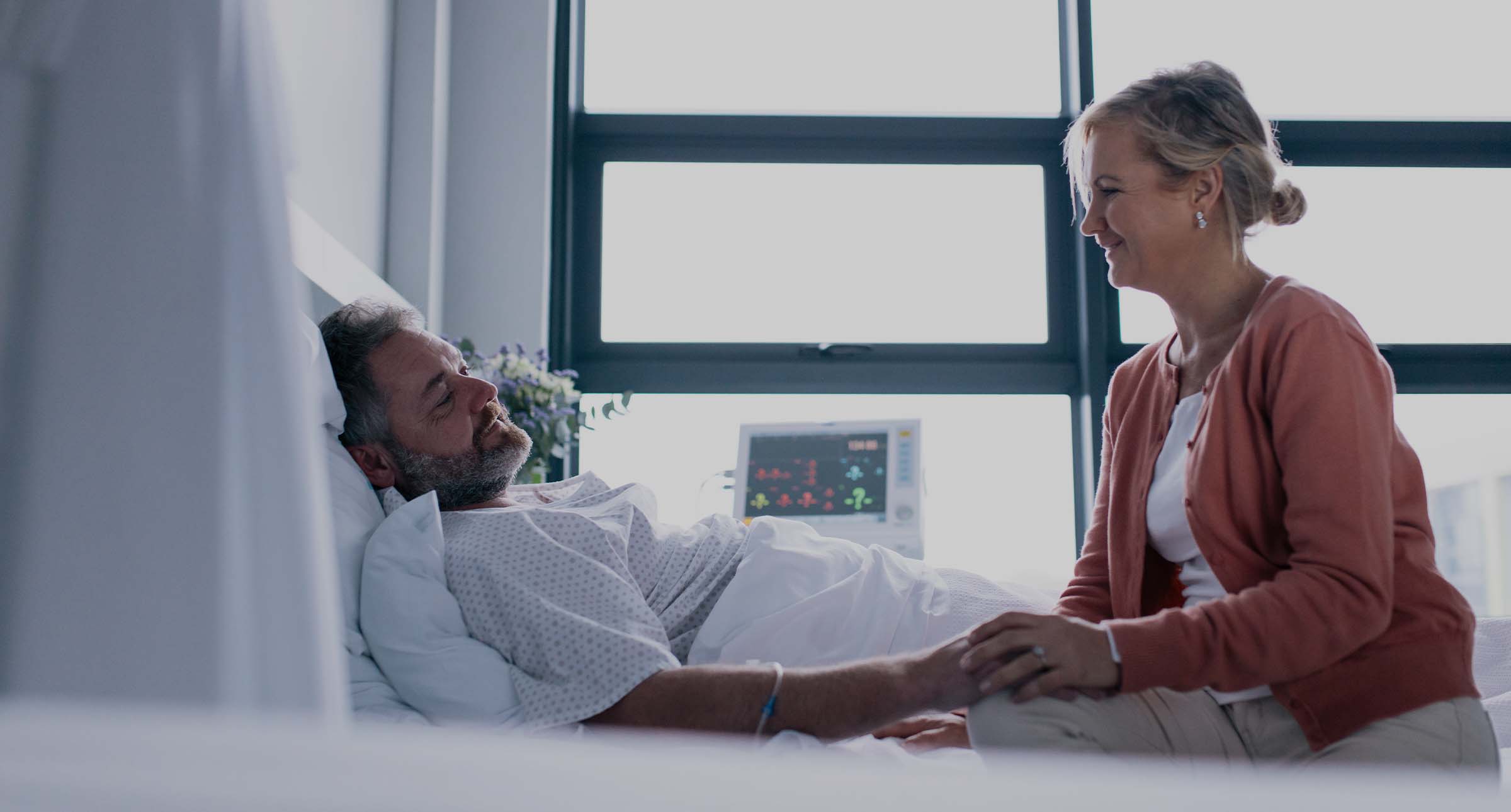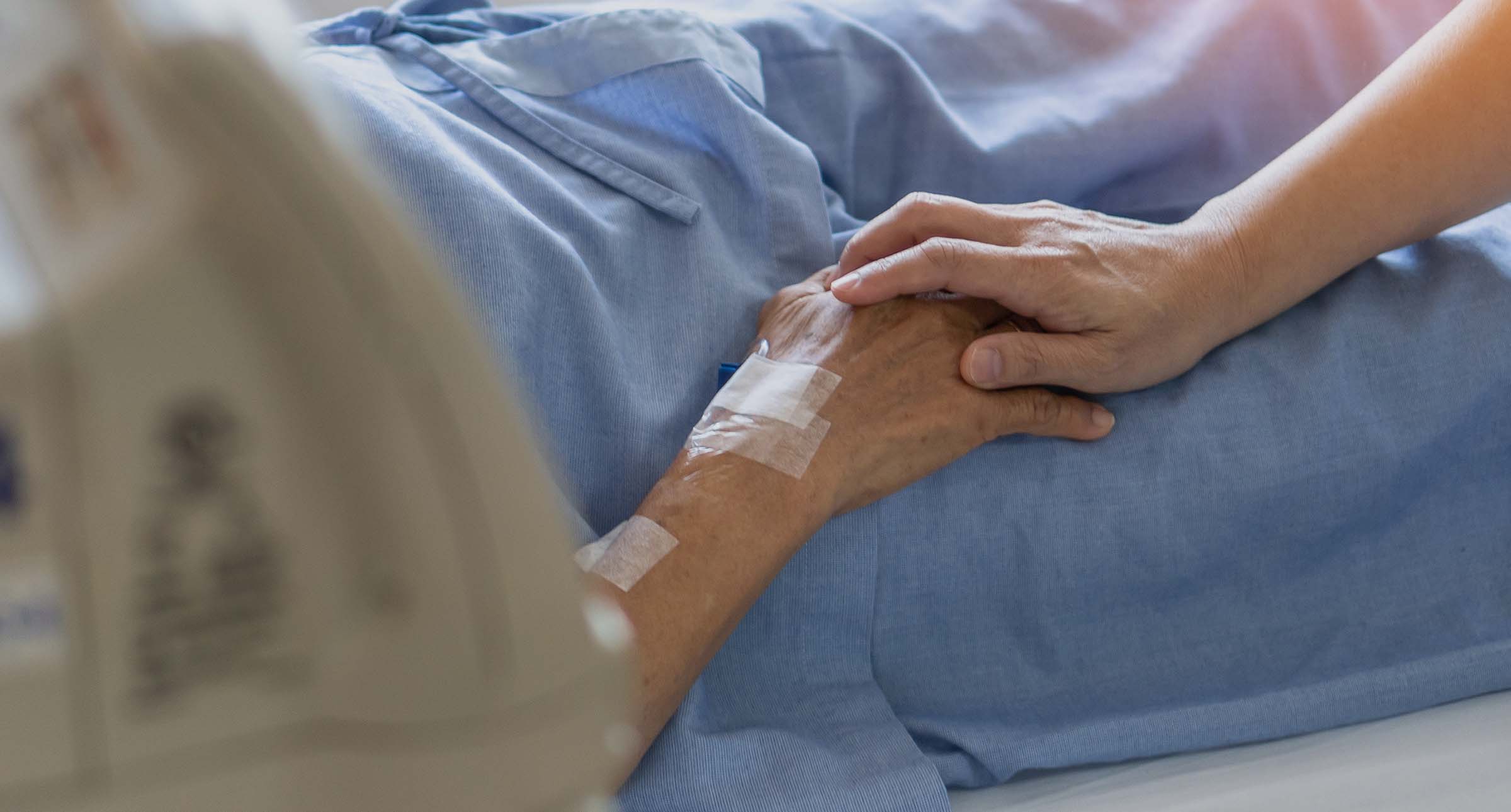Urgent cauda equina care – have lessons been learned?
In collaboration with the Cauda Equina Champions Charity, we have conducted research that suggests there is still work to be done to improve emergency care for cauda equina syndrome so as to avoid life-changing outcomes.
We received feedback from a total of 127 respondents who identified as having cauda equina syndrome, and found that:
- there is still too long an interval between MRI scans being requested and taking place before going to a specialist spinal unit (51% waiting for over 12 hours for a scan after being told that they were going to have one);
- for those who didn’t have an MRI scan until after transfer to a specialist spinal unit, 35% still didn’t get an MRI scan until more than 12 hours after arrival at the specialist unit;
- a very high percentage of referrals are being made to specialist spinal units out of hours (65% of all referrals in our study), further extending the wait for urgent care.
How delays cause life-changing injury
When it comes to cauda equina syndrome, getting care in a timely manner is essential.
Research has shown that the timing of surgery, particularly in the first 24 hours from onset, is a big factor in influencing patient outcomes.
Claire Thornber, CEO of The Cauda Equina Champions Charity, and James Martin – Assisting Manager at the Champions Charity – tell their stories of cauda equina injury and negligence, to demonstrate the significance of delays to their outcomes.
What we found
Find out more about what we learned from our survey's results
The ‘Getting It Right First Time’ (GIRFT) report in 2019 showed that, unfortunately, there are significant barriers to timely care for cauda equina injuries. The report found that 63% of referrals to spinal units for suspected CES were made without an MRI, and significant differences in the timescale within which the MRI was acquired.
Improvements are being made
The good news is that, since the GIRFT report, there seems to have been improvement in MRI availability before patients proceed to a specialist spinal unit. We found that, of those we surveyed, 80% of those injured in 2020 or after had an MRI prior to transfer compared to 60% before 2020.
Waits for MRI scans still significant
Despite the improvements, there is still significant variance in how long it takes patients to get an MRI scan. The majority of those who had an MRI before being transferred to a specialist unit are waiting longer than 12 hours still (35% of those who answered from 2020), and even after transfer to a specialist unit 33% are still waiting this long. With a 24 hour ‘window’ within which to provide emergency care and avoid the worst outcomes, even the up to 4-hour wait that 44% of those who could identify a timeframe are still experiencing after transfer could be life-changing.
One particular barrier to getting an MRI in a timely manner is out-of-hours care – something also highlighted in the GIRFT report. Given that patients are still waiting for MRIs upon arrival at a spinal unit, it is concerning that 63% of people injured in 2020 and after were transferred for surgery out of hours when the care isn’t available (as Claire highlighted in her story of cauda equina injury).
"I think it has to be to be looked at holistically, all of the patient journey. So if somebody presents at a GP, they might have had a 12 hour delay to get to that point where they're waiting 4 hours for scan or even longer. This knock-on effect from first presentation means that the opportunity to operate within the optimum 24 hour time frame is lost and, as we already know, this has a detrimental effect on patient outcomes." - Claire Thornber, Cauda Equina Champions Charity
Have lessons been learned?
There are some positives that can be taken from our findings, not least that all the areas we have identified are improving. Lessons have seemingly been learned about the importance of MRI scans at the right stage of the pathway. However, more still needs to be done to improve the speed with which these critical investigations are carried out.
Questions about psycho-sexual health and cauda equina syndrome?
One of the key challenges for people with cauda equina syndrome is coming to terms with the issues that they now experience.
One of the issues that the Cauda Equina Champions Charity is particularly passionate about is psycho-sexual health. So we collaborated further with the charity to offer a FREE webinar on the topic of psycho-sexual health.
Watch the full replay right here.
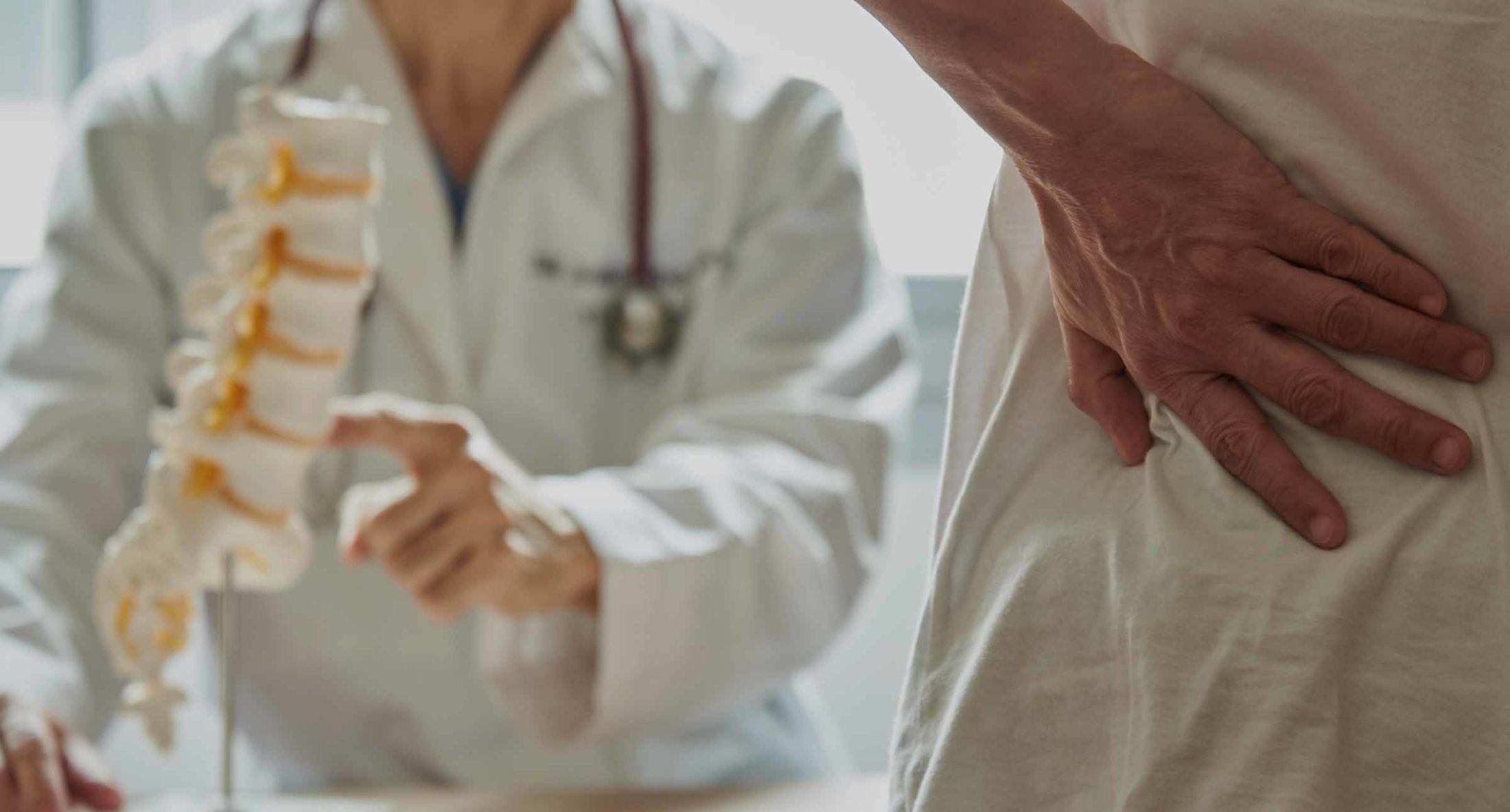

If you are living with cauda equina syndrome and are concerned that your injury may have been a result of negligence, you can find out more about making a claim for compensation here.
Or, if you would like to speak with our enquiries team please call us today.
Call now
Survey methodology:
We shared an open survey with members of the Cauda Equina Champions Charity’s Facebook Group and also a number of our clients and received a total of 132 responses, 127 of which we qualified for use in the survey. Not all questions were answered by all respondents, and so some data above is taken as a percentage of completed questions as opposed to from all 127 accepted respondents.
If you would like to see the full set of results from the survey we ran, you can download them here.

Here to ensure that lessons are learned
When harm is caused, either to yourself or a loved one, you want to know how it happened and to ensure it doesn’t happen to others.
Whether you’ve sustained an injury as a result of medical negligence, been involved in a life changing accident, or suffered the death of someone close to you, our legal experts understand how important it is to seek answers about what happened.
These stories show how our team seeks to identify issues in care and safety, and to ensure lessons are learned when things go wrong.
Related services
Find out more about how we can help you
